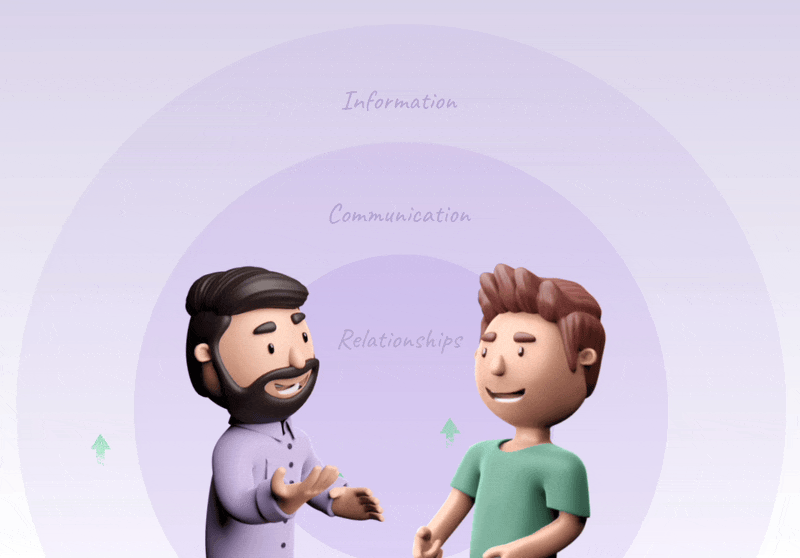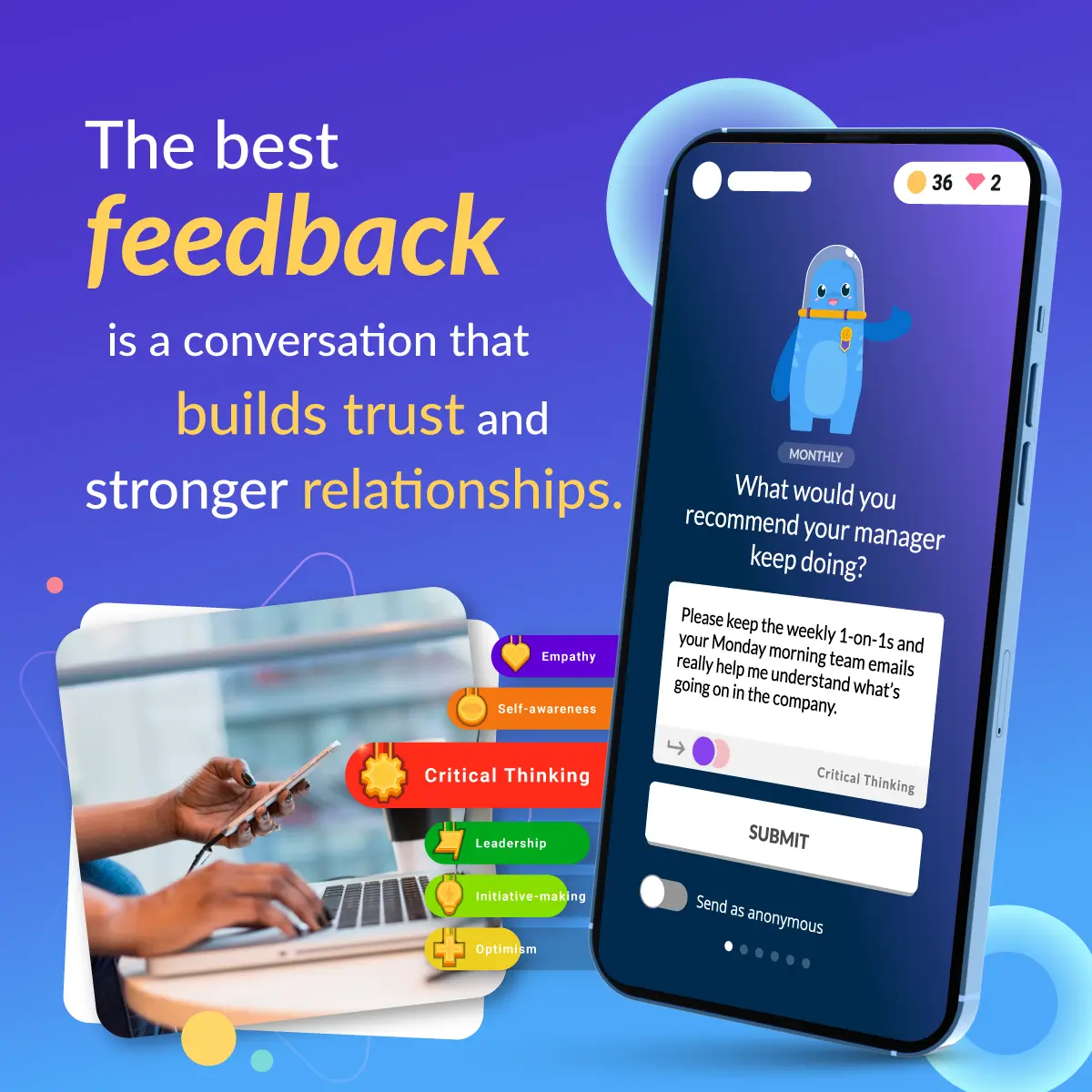Good communication is often seen as a cornerstone for organizational success. Yet, it remains elusive in many workplaces, leading to a host of issues ranging from low morale to decreased productivity. For instance, nearly half of workers report their productivity being affected by ineffective communication1. The key to unlocking effective communication isn't just about sharing information but building strong, high-trust relationships among team members.
The Role of Relationships in Communication
Information flow and communication efficiency are deeply connected to the relationships within the team. When trust is high, communication thrives; but where relationships are weak, information often becomes distorted or lost. This is reflected in a study where 45% of workers stated that poor communication is affecting trust2. To enhance communication, the starting point is always fostering healthier, more resilient relationships among team members.

Building Trust, Enhancing Communication
Team-building events like parties or off-site meetings can be fun but they rarely address the core issue. The aim is to encourage meaningful conversations that lead to stronger relationships. This requires team members to develop essential human skills like empathy, self-awareness, and critical thinking. It's these skills that elevate conversations from small talk to meaningful exchanges that build trust and understanding. Companies with effective programs for communication are 3.5 times more likely to outperform their competitors3.
Nurturing Human Skills and Encouraging Conversations
Empathy and self-awareness aren’t just buzzwords—they are essential for genuine communication. A staggering 96% of professionals desire a more empathetic approach to communication in the workplace3. A team member equipped with these skills is better at listening, understanding, and responding, turning each conversation into an opportunity to strengthen relationships. The challenge, however, is encouraging these conversations to happen regularly and at the right moments.
Tactical Actions for Leaders
1. Utilize Communication-Enhancing Tools
- Implement tools like Happily.ai to facilitate real-time, conversational feedback rather than relying on traditional survey methods.
- Use these tools during team meetings to address concerns, ideas, and suggestions on the spot.
2. Incorporate Core Values in All Communication
- Mention your organization's core values in every piece of communication, whether it's an email, a meeting, or a casual conversation.
- Ensure that the correlation between the message and the core values is clear, demonstrating the practical application of these values in day-to-day operations.
3. Obsessively Role Model Core Values
- Act as a living example of your organization’s core values in every interaction, decision, and piece of feedback.
- Share stories and examples of how you and others have embodied these values in action, creating a narrative that reinforces the importance of these values in the workplace.
4. Transition to Conversational Feedback
- Replace traditional surveys with real-time feedback interactions where team members can share their thoughts and concerns in a conversational manner.
- Use communication-enhancing tools to facilitate these conversations, ensuring that feedback is captured, acknowledged, and acted upon promptly.
These actions are immediate steps that leaders can take to enhance communication, demonstrate core values, and foster a more open and interactive feedback culture within their teams and the broader organization.
How Happily.ai Can Help
This is where tools like Happily.ai come in. It isn’t just another feedback tool but a platform designed to facilitate meaningful exchanges. It helps initiate conversations when they are most likely to be effective, ensuring that communication is not just regular but also substantive and enriching.

Embedding Core Values in Everyday Work
In the world of recruitment and performance reviews, the integration of core values is pivotal. Tools like MyCulture.ai can be instrumental in assessing the cultural fit of potential hires. Moreover, embedding core values into performance evaluations ensures that they are not just theoretical but actively lived and demonstrated daily. In essence, values should not be an add-on but intricately woven into the fabric of daily work and interactions.
A Practical Approach to Improved Communication
Effective communication and strong relationships within the team are mutually reinforcing. By focusing on developing human skills and fostering an environment where meaningful conversations are the norm, leaders can make significant strides in enhancing communication. Happily.ai is a resource that aids this process, ensuring that conversations that build trust and enhance communication are not left to chance but are systematically encouraged and facilitated.
Wrapping It Up
Improving communication in the workplace isn’t about more emails or meetings—it’s about better relationships. By focusing on building trust, enhancing human skills, and encouraging meaningful conversations, leaders can transform the communication landscape of their organizations. Each conversation, each exchange is a step towards a workplace where information flows freely, decisions are made effectively, and team members feel truly connected.










